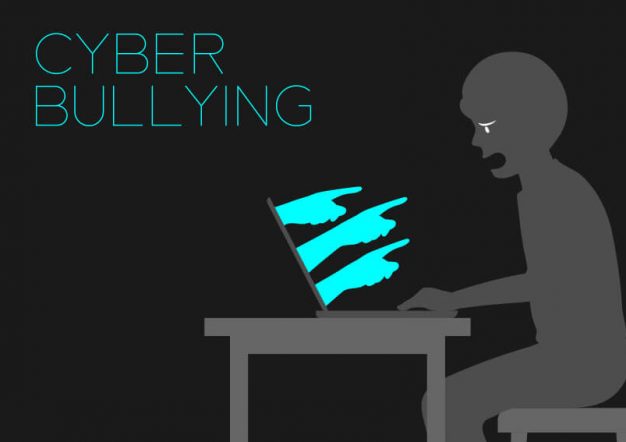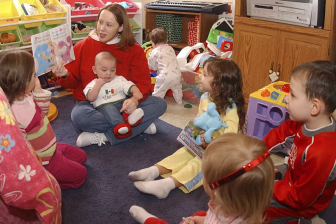
Cyber-bullying in Spain ‘higher than reported cases’
Experts believe that cyber-bullying among young people in Spain is even worse than the shocking 65 per cent rise in recorded cases since 2012.
The Spanish Interior Ministry’s latest figures reveal that 1,364 cases of online harassment were reported between January and October 2017, a huge rise on 2012’s 842 recorded cases. It adds up to around 6,500 victims over the period.
“Children are gaining access from an increasingly young age to very powerful weapons and a world without rules: the internet,” says Carmena del Moral, a legal analyst for Save the Children, reports El Pais.
Targeted
And she believes the extent of the problem to be greater than the statistics suggest, with the real story being kept ‘under wraps’. “The extrapolation of the data implies that some 82,000 minors are being targeted,” she adds.
Her study based on the personal accounts of 21,500 students between the ages of 12 and 16 found that 6.9 per cent of young people admitted to having been cyber-bullied. According to her research, 4.2 per cent of the victims believe they were victimized for their sexual orientation; five per cent said it was due to the colour of their skin or their religion; and 16 per cent said it was down to their physical attributes.
‘Living hell’
The El Pais report tells the story of Ana, saying her life became ‘a living hell’ when she was 12 years old. Starting with whispered insults and shoves at school, this progressed to daily insults, sustained verbal abuse and public humiliation. The campaign lasted four long years, during which time Ana found herself entirely alone as the bullies prevented other students from approaching her.
The attacks left her so anxious and depressed that Ana was eventually forced to leave her school, and later needed both therapy and medication to help overcome her traumatic experiences. The ringleader of her abuse was sentenced to 14 months’ probation and given a restraining order.
‘No respite’
The report Digital Society in Spain 2017 shows that 86 per cent of young people between the ages of 15 and 24 have a cellphone and use it for messaging (81.7 per cent) and access to social networks (77.5 per cent). “Compared to traditional bullying where children are in a safe environment when they get home, we are now up against a phenomenon that carries on 24 hours a day and seven days a week. There’s no respite for the victims,” says Del Moral.



